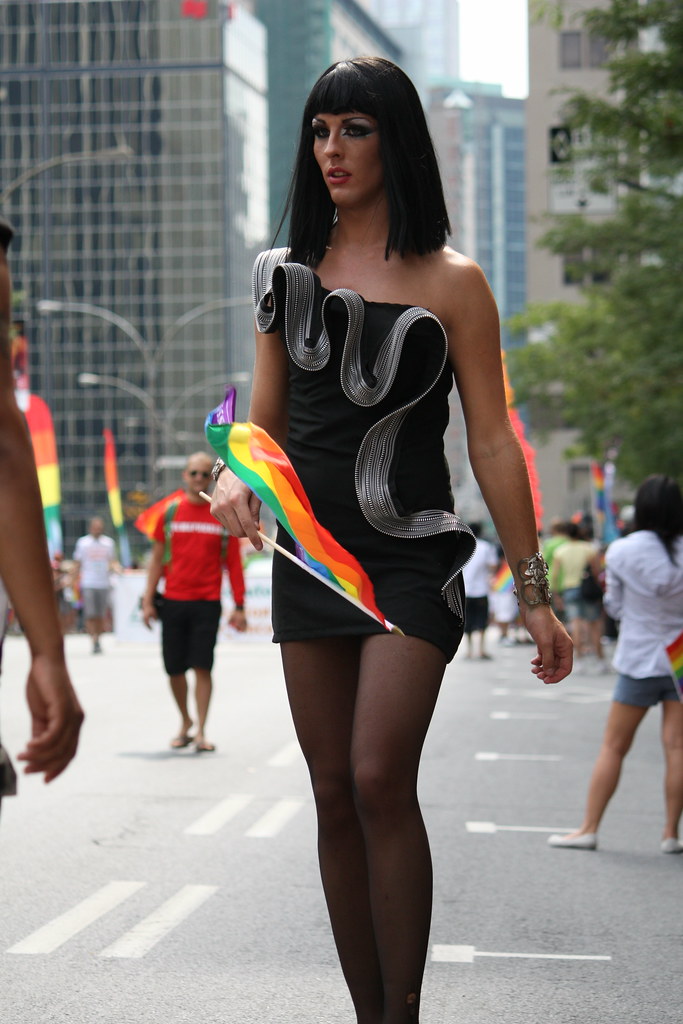
Considering that SRS – given the absence of technological instruments and advancements in medical science – was practically inexistent during the advent of Islam, neither the Qur’an nor the Hadith has made specific references to the procedure.Īs a result, discourse on SRS remains considerably new. In Islamic jurisprudence, fatwas posited with respect to specifics issues like SRS remain based on independent reasoning ( ijtihad) and analogical deductions ( qiyas).

Although this view has been sanctioned as the ‘official’ stand by most Islamic scholars, discourse surrounding SRS for mukhannas remains one that is considerably debateable. In this sense, cosmetic surgeries like SRS are understood therefore as ‘unnatural’, prohibited modifications to the human body. SRS however remain proscribed for mukhannas, a rationale that stems primarily from theological rationales in which men (and women) have been framed as creations of God. Islamic scholars have generally conceded that individuals from the khunsa (hermaphrodite) category be permitted in undergoing the procedure to become either male or female – a consensus premised upon medical necessity. Islamic jurisprudence traditionally segregates transgender individuals within two primary domains – khunsa (hermaphrodites) and mukhannis, the latter of which refers to men who experience what commonly is understood as gender dysphoria (the mismatch between gender identity and biological sex), often with desires to undergo SRS. Evidently, however, a more concise analysis of Islamic discourse may suggest that more nuance may be necessary in understanding these currents. This dynamic has subsequently lent to perceptions that frame aversion to sex-reassignment, and by extension issues pertinent to the transgender community, as one that runs parallel to puritanical interpretations of Islam.

Not surprisingly, Malaysia has continued to justify its stance on SRS within grounds of religion, specifically Islam – as clearly exemplified in April 2016 when Deputy Minister Asyraf Dasuki categorically declared that “being transgender… (rejects) Allah’s stipulations”. The official also remarked of the propensity of transsexual individuals to “stop being transsexual”. Today, Muslim transsexuals can face charges entailing a year of imprisonment, a fine not exceeding RM 1000, or both.Īversion to transsexuals (and by extension, transgender individuals, given that cross-dressing remains similarly forbidden) by Malaysian authorities also remains prevalent – with a JAKIM official calling the phenomenon a result of American influence, and one that is “new to Malaysia – not more than 20 years”. In 1983, the National Fatwa Council of Malaysia issued a fatwa (religious ruling) prohibiting sex-reassignment surgery (SRS) among the Muslim population in Malaysia. Ismail Shogo outlines the Malaysian state’s stance on sex re-assignment surgery, and seeks to analyse the rationale that underlie it.


 0 kommentar(er)
0 kommentar(er)
